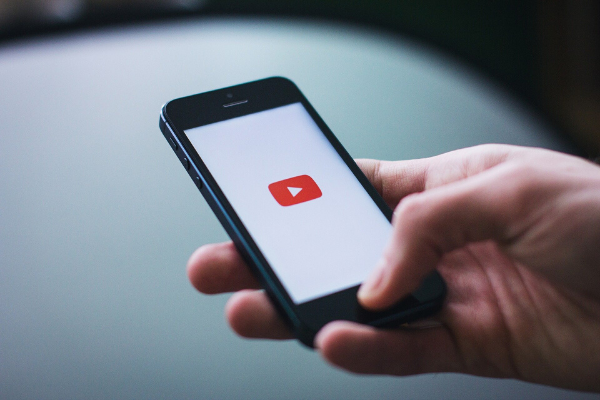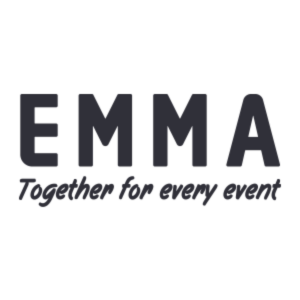Insights
INSIGHTS
All Topics
My Account
How and why User-Generated Content is changing charity marketing
24 Jun 2020by Joe Lepper
The COVID-19 pandemic has brought the value of user-generated content in social media marketing to the fore as charities look to create more authentic and relatable content
User-Generated Content (UGC) is being used more often by charities to create engaging content to promote their brand, appeal for funds and show the value of their work.
By letting those who are being supported by charities tell their stories, marketing content can be far more authentic and relatable. The authenticity of this content can also be vital in attracting new supporters.
While UGC was already widely used before 2020, this year’s COVID-19 pandemic has given it an extra resonance in charity’s marketing and communications.
Shrinking budgets
The increasing use of UGC has practical financial benefits during the pandemic, as budgets shrink and the public adheres to social distancing.
The National Council for Voluntary Organisations has estimated that UK charities lost around £4bn in the first three months of the COVID-19 crisis. This means there is far less money across the voluntary sector, including for marketing.
This is a phenomenon across all sectors. According to the latest research, more than two thirds (69 per cent) of brands expect they will reduce their advertising spend in 2020 due to COVID-19. Three quarters say they are posting less on their social media accounts as budgets shrink.
UGC can provide a practical, cost-effective solution amid cuts, through users becoming charities’ ambassadors online through videos, blogs, podcasts and social media posts.
Content from users can be achieved at a fraction of the cost of hiring a dedicated advertising or marketing agency. UGC also helps as location filming among marketing professionals has been particularly difficult due to social distancing measures.
Improving digital skills
The practical, financial need for UGC in social media marketing comes as charity’s frontline staff, beneficiaries and volunteers are becoming more digitally aware through increasing use of software during lockdown. More are working from home and are becoming increasingly savvy using tools such as Zoom and a variety of social media posting functions.
Charities are certainly keen to empower their workforce to support users in creating content. The 2020 Charity Digital Skills Report found that half of charities would welcome guidance on helping their staff adjust to change and stay motivated and productive amid the pandemic.
Using this training to support users to use digital tools, including remote video, is a great way to help keep supporters and staff motivated. As Charity Digital examined earlier this month, there are a raft of cost-effective remote video tools charity supporters can use.
Among charities that have stepped up their user-generated content in recent months is Young Epilepsy. It updated its web presence in April with a focus on providing video content from young people. This includes videos from the charity’s young representatives that have been uploaded to Youtube. Among the issues they talk about are challenges for young people amid the COVID-19 pandemic.
Meanwhile, disabilities charity the Together Trust turned to UGC for a recent social media campaign, which urged people to let others know why they re thankful during the COVID-19 pandemic. To help supporters create their own engaging posts the charity produced a downloadable template and advice on sharing images and using hashtags. This campaign also carried an effective call to action for supporters to make a donation.
Authentic and relatable
Arguably the increasing use of UGC would have become more popular without the urgency COVID-19 presented to charities, due to its valuable authenticity and relatability.
Analysis released last year found that the public believes UGC is 2.4 times more authentic compared to brand created content. However, too often the power of UGC is not being realised by marketers. The analysis showed that marketers are 2.1 times more likely to believer brand created content is more authentic compared to UGC.
Marie Curie is among charities to successfully deploy UGC in recent months, to give existing and potential supporters an insight into its work and fundraising around cancer. It achieved this by enlisting 63-year-old terminal cancer patient Lin Dalton to keep a video diary of her day-to-day life, which was released on Instagram. She posted regularly for the charity on social media until her death in June.
The charity said of Linn’s campaigning legacy: “For the past few months, she has been sharing her journey through terminal illness with us all, so openly and honestly, and with such grace and strength.
“We know her video diaries on our Instagram Stories have touched so many of you.”
The value of UGC for charities, particularly amid the COVID-19 outbreak, is among issues explored in a recent webinar presented by Charity Digital’s Marketing Manager Chris Hall. This examines how the power of good content rests in being able to tell compelling and authentic stories. Enlisting users, who see the benefits of charities’ work each day, is an ideal way of achieving this.
07 Mar 2025by Ioan Marc Jones
A-Z incredible fundraising ideas for charity
07 Mar 2025by Ioan Marc Jones
An A-Z glossary of service delivery terms and definitions
Our Events
Charity Digital Academy
Our courses aim, in just three hours, to enhance soft skills and hard skills, boost your knowledge of finance and artificial intelligence, and supercharge your digital capabilities. Check out some of the incredible options by clicking here.


















